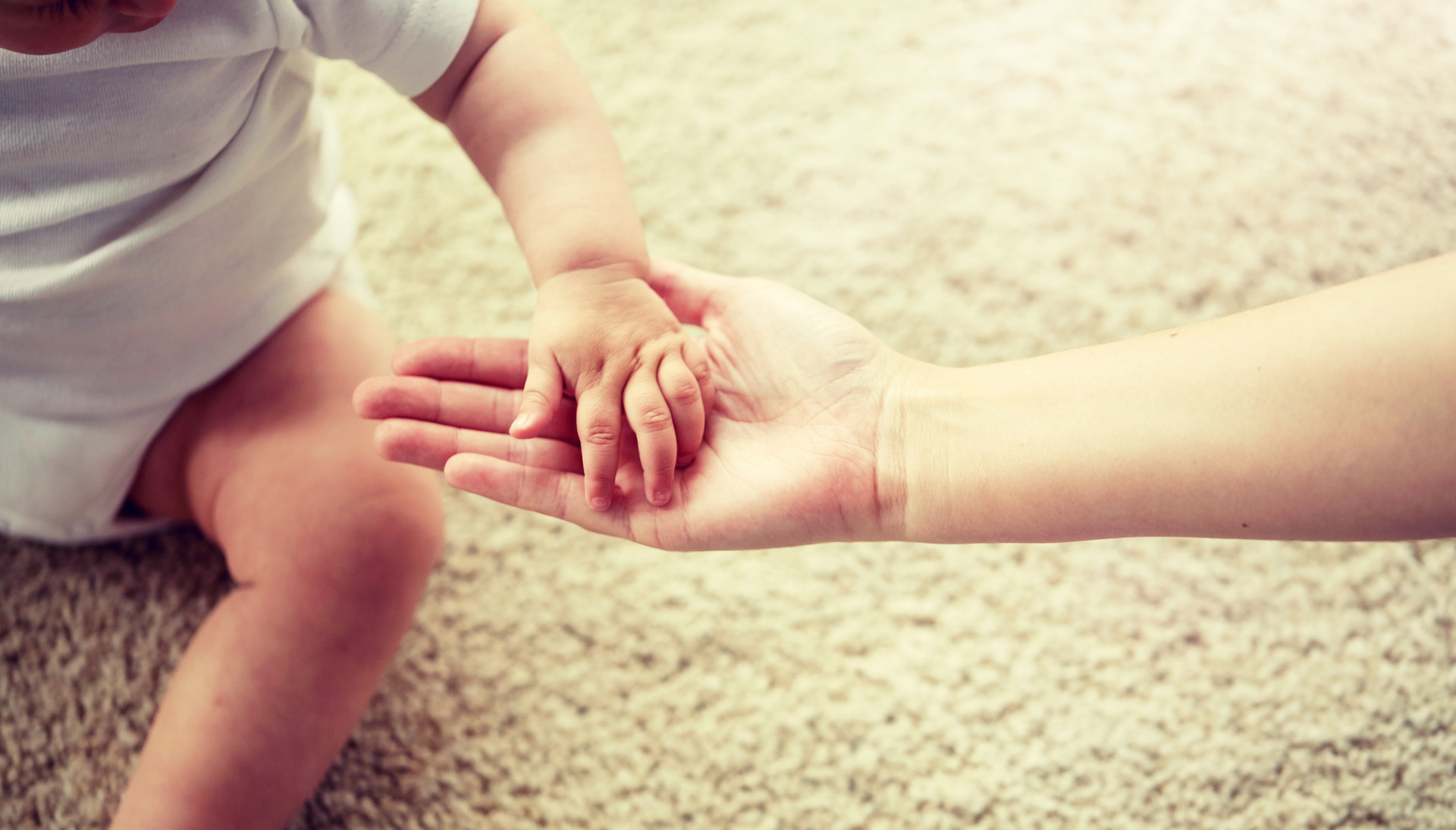Autumn diarrhea in children refers to diarrhea that occurs in infants aged 6 months to 3 years from September to November, with the highest incidence rate in infants aged 6 to 11 months. The pathogens that can cause autumn diarrhea in children include rotavirus, E. coli, and Coxsackie virus, among which rotavirus is the most common. However, there is currently no specific drug for rotavirus. Therefore, experts suggest that prevention is the key for autumn diarrhea in children. The following methods can be used as reference.
Advocate breastfeeding
Infants aged 6 to 11 months are best fed with breast milk. Breast milk is rich in nutrients and is the natural food for infants. The immunoglobulins in breast milk help enhance the gastrointestinal immunity of infants. Infants who are breastfed are less likely to have autumn diarrhea, and even if they do, the symptoms are usually milder.
Pay attention to cleanliness and hygiene
Mothers should wash their hands every time they change their baby's diaper, before feeding, before preparing formula, and before feeding solid food. Mothers should also clean their breasts before breastfeeding. For formula-fed infants, it is important to pay special attention to sterilizing feeding utensils and to avoid using spoiled milk.
Properly sterilize utensils
For the baby's feeding utensils, such as bottles and spoons, they should be washed with boiling water before and after each use. It is even better to sterilize them by boiling them daily. For utensils used for preparing solid food, such as cutting boards, knives, strainers, juicers, and containers, they should be air-dried after use and sterilized by boiling water before use. Toys for infants and young children should also be regularly sterilized.
Ensure food safety
When storing food in the refrigerator, it is best to thoroughly heat it before consumption and place it in a clean container. Food containers should be washed promptly after use and should be boiled or soaked in hot water before reuse. Leftover formula left at room temperature should not exceed 4 hours.
Maintain fresh air
Do not keep doors and windows closed all the time just because the weather gets colder and you worry that your child might catch a cold. It is important to open windows regularly for ventilation to maintain fresh indoor air and reduce the chance of viral infections. At the same time, attention should be paid to cleanliness in the living environment to reduce air pollution.
Avoid chewing food for feeding
Never chew food for the baby, as it may cause diarrhea in infants. Some mothers lick the food with their tongues to test the temperature, thinking it won't harm the baby, but it is an unhealthy habit. Some mothers may use their mouths to check the temperature of the nipple, which is also not recommended. Normal bacteria in adults' oral cavity may be pathogenic to babies.
Introduce complementary foods scientifically
When introducing complementary foods to infants in autumn, it is important to start with small amounts and gradually increase variety, allowing the baby's digestive system to adapt. Complementary foods should start with semi-liquid and gradually transition to solid foods, as introducing solid foods too early can lead to diarrhea in infants. When preparing complementary foods, use fresh ingredients and avoid feeding the baby leftovers. Both adults and children should wash their hands before touching food.
Avoid public places
During the peak period of diarrhea, parents should avoid taking their children to crowded public places, especially clinics and hospitals where sick children gather. It is also important to avoid contact between children and those who have diarrhea to prevent cross-infection.
Actively prevent and treat diseases
Parents should actively prevent and treat chronic diseases such as malnutrition, rickets, anemia, micronutrient deficiencies, and lead poisoning in children. It is also important to use medication rationally and avoid indiscriminate use of antibiotics to prevent imbalances in the normal intestinal flora.
Enhance physical fitness
When weather conditions and environmental conditions permit, parents should take their children outdoors as much as possible, expose them to sunlight appropriately, promote blood circulation, improve cardiopulmonary function, enhance physical fitness, and strengthen their ability to resist diseases.
Take proactive measures for prevention
Parents can take their infants and young children to the local disease control department to receive oral rotavirus vaccines. Infants aged 2 months to 3 years can take the vaccine once a year, mainly for high-risk individuals, while children aged 3 to 5 years can take it once to prevent outbreaks. This method is both cost-effective and convenient and provides effective protection. Immunity can be obtained two weeks after taking the oral rotavirus vaccine, significantly reducing the incidence of rotavirus infectious diarrhea, with a protection rate of over 90% for severe cases.











